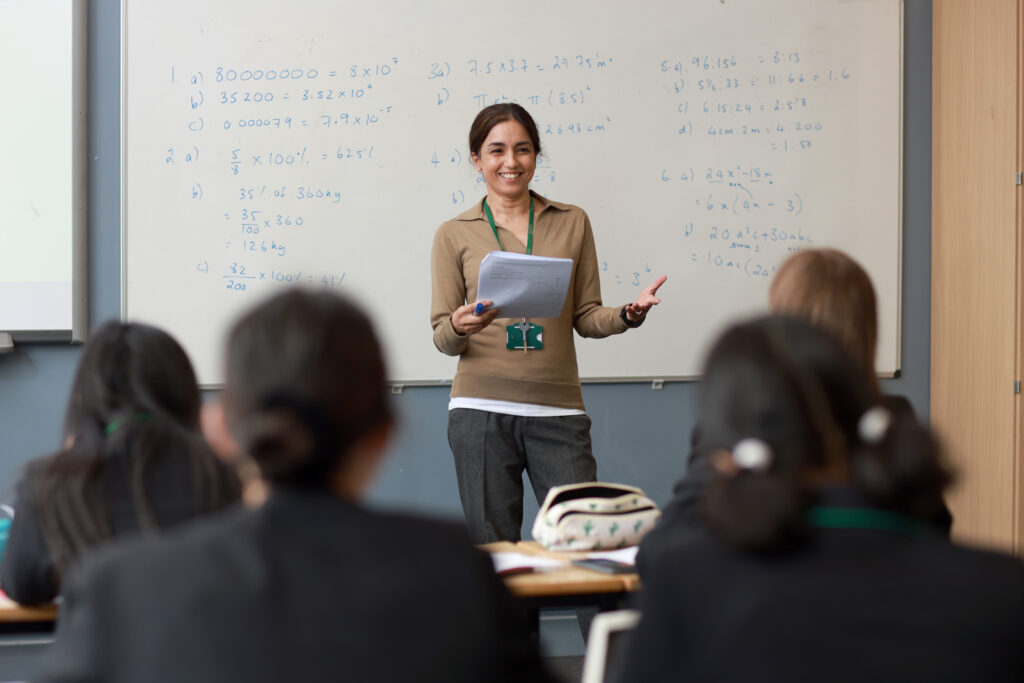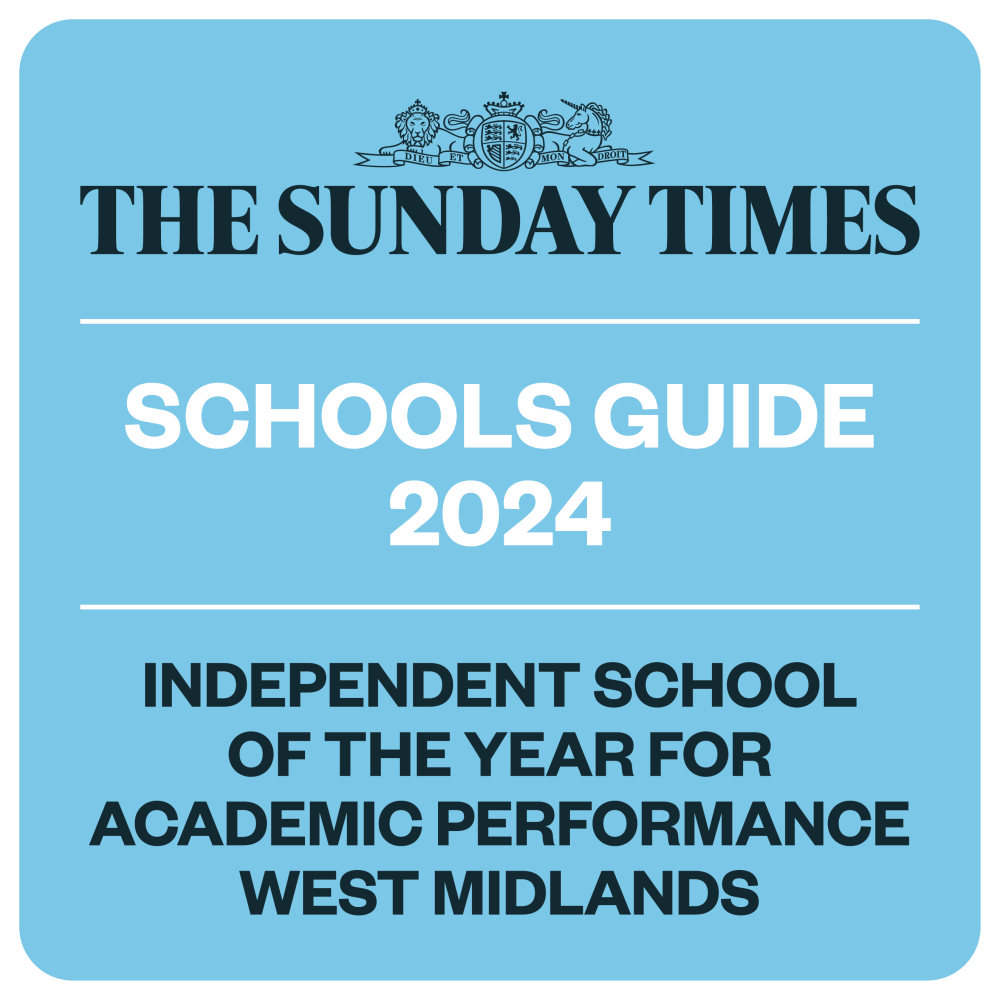Mathematics

Mathematics, although necessary for a full understanding of many other subjects, is primarily taught to be appreciated as a subject in its own right. Attention is drawn to the inherent beauty and structure found in Mathematics and a creative, confident, approach to the subject is encouraged.
The interdependence of the various branches of Mathematics and the uses that have been found for them are explored to create an ability to use Mathematics across the curriculum. Within Mathematics classes throughout the school students are encouraged to work both independently and in small groups.
The Mathematics Department recognises the importance of mental arithmetic and encourages the use of appropriate non-calculator methods for solving problems. Throughout the first year the use of calculators is discouraged. After this a basic scientific calculator is necessary and will be sufficient for the demands of Mathematics throughout the school until A Level.
Although the National Curriculum has provided a core programme of study for primary schools there is still a diversity of approach and content. For this reason there is inevitably a certain amount of repetition built into the first year specification. This allows consolidation of ideas and methods. We also introduce new concepts, particularly algebra, early in the first year. The methods encountered in this first year of study are consolidated and built upon in later years, with new topics introduced where appropriate.
Importance is laid on the structure of solutions, ensuring that working is complete and accurate. In Year 7 the basics of number, algebra, geometry and statistics are consolidated. Trigonometry and graph work are among the topics included in Year 8. This is extended in Year 9 by the consideration of further algebraic methods, including simultaneous and quadratic equations, and topics such as circle theorems.
We follow Edexcel Examination Board International GCSE (4MAO) administered by Pearson. The aims of Maths GCSE are to explore mathematics through practical tasks, to work on problems which pose a challenge and to encounter and consider different lines of mathematical argument.
The subject is separated into four parts in which candidates are expected to demonstrate their ability to:
Number
- use numerical skills in a purely mathematical way and in real life situations
Algebra
- use letters as equivalent to numbers and as variables
- understand the distinction between expressions, equations and formulae
- use algebra to set up and solve problems
- demonstrate manipulative skills
- construct and use graphs
Geometry
- use properties of angles
- understand a range of transformations
- work within the metric system
- understand ideas of space and shape
- use ruler, compasses and protractor appropriately
Statistics
- understand basic ideas of statistical averages
- use a range of statistical techniques
- use basic ideas of probability
The IGCSE is examined through two papers each lasting 2 hours. The course has no coursework component and all students will work towards the Higher Tier examination.
Students will have the opportunity in the Lower Fifth and Upper Fifth to study the curriculum for the OCR Additional Mathematics course. This extends students beyond the realms of GCSE and is a sound preparation for A Level study.
Both A Level Mathematics and A Level Further Mathematics are offered in the Sixth Form.
Mathematics in the Sixth Form consists of Pure Mathematics, Mechanics and Statistics. The combination and amount of each of the three subjects depends on the course being followed.
Pure Mathematics: this is considered as the core course. It involves further study of algebra, trigonometry and vectors started in the lower school. Other topics such as the mathematical modelling of real situations are introduced. The techniques and methods learned in this part of the course are needed for the solution of Mechanics and Statistical problems.
Mechanics: analyses simplified models of the physical world, particularly those associated with movement. The forces causing and affecting motion are considered and predictions about subsequent actions can be made.
Statistics: studies methods of collecting, displaying and analysing data about the physical world. Skills acquired at GCSE are extended to deal with more complex problems.
Further Mathematics: studied with Mathematics as a two-year course and involves studying Pure Mathematics, Mechanics, and Statistics to a higher level, dealing with more demanding situations.
Future Careers
Mathematics combines well with both Arts and Science subjects. The skills learned complement Arts subjects when leading to degree courses in, for example, Financial Management, Business Studies, Law or Architecture. On the Science side, Medicine, Natural Sciences, Computing, Engineering and Mathematics are all areas of further study which have significant mathematical content.
Although students who wish to study Mathematics at University are encouraged to take both Mathematics and Further Mathematics, there are now few Universities that demand that both subjects have been taken at A Level.
Beyond the classroom
Students are encouraged to pursue Mathematics outside the classroom through participation in the UKMT Mathematics Challenges, the Team Maths Competitions and through individual and group projects. In addition, there is a weekly Maths Masterclass for both junior and senior students, where students have the opportunity to tackle problems and discover areas of Mathematics beyond the syllabus.






